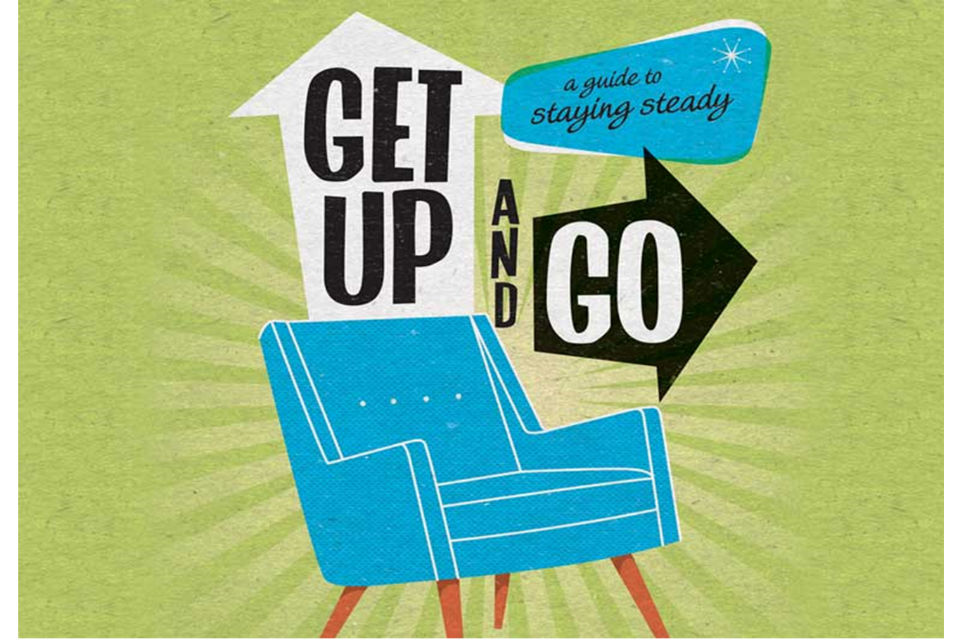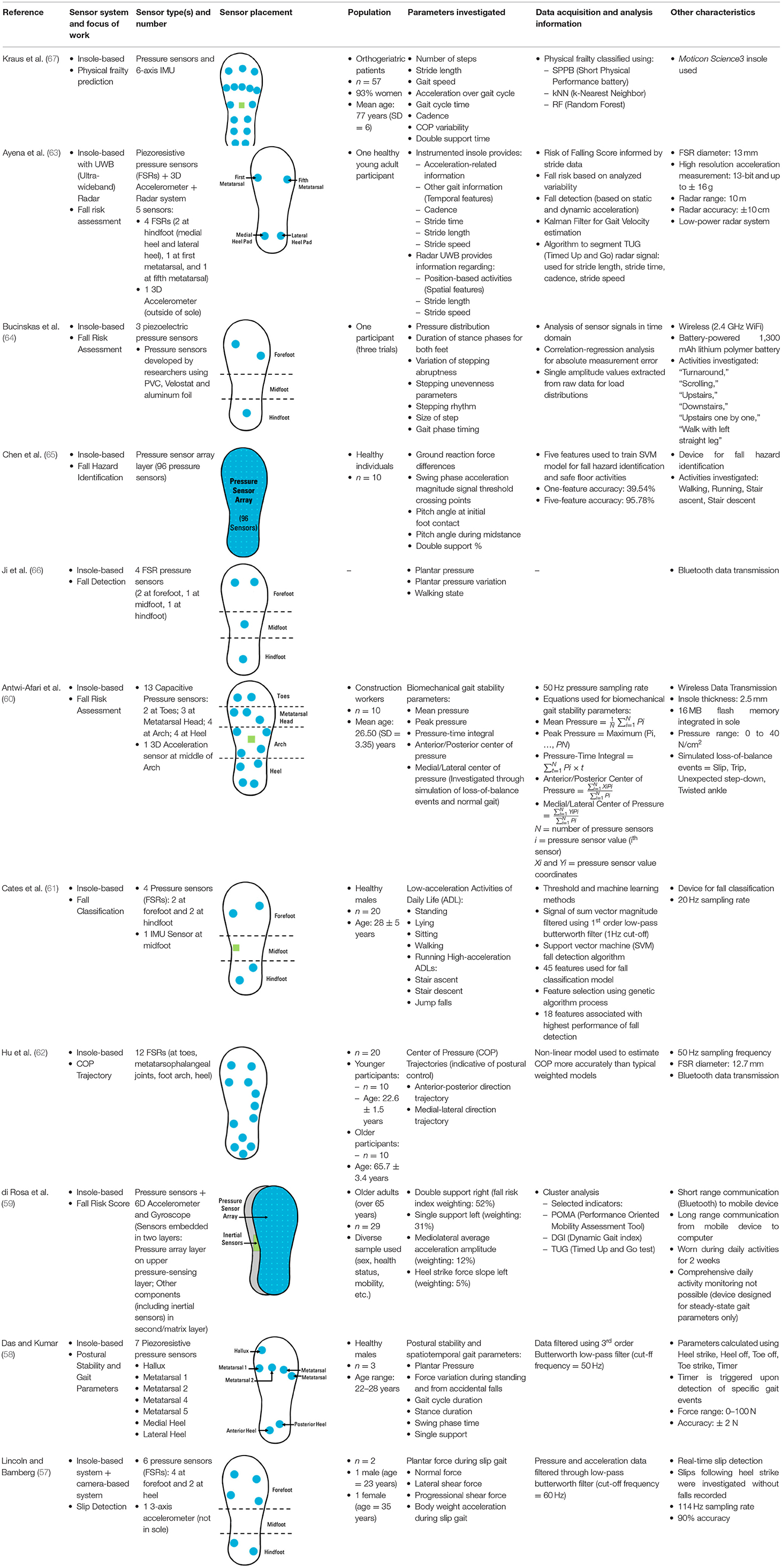The Best Guide To Dementia Fall Risk
The Best Guide To Dementia Fall Risk
Blog Article
Some Known Questions About Dementia Fall Risk.
Table of ContentsFascination About Dementia Fall RiskGetting My Dementia Fall Risk To WorkDementia Fall Risk Can Be Fun For EveryoneFacts About Dementia Fall Risk Uncovered
A loss risk evaluation checks to see exactly how likely it is that you will fall. It is primarily done for older adults. The assessment typically includes: This includes a series of questions regarding your overall health and wellness and if you've had previous falls or troubles with balance, standing, and/or walking. These devices check your stamina, equilibrium, and gait (the method you stroll).Treatments are referrals that might decrease your danger of falling. STEADI consists of three steps: you for your risk of dropping for your danger variables that can be boosted to try to stop falls (for instance, equilibrium troubles, impaired vision) to minimize your danger of falling by utilizing reliable techniques (for example, providing education and learning and resources), you may be asked several inquiries including: Have you fallen in the past year? Are you stressed regarding falling?
You'll sit down once more. Your copyright will examine how lengthy it takes you to do this. If it takes you 12 seconds or more, it might mean you go to greater danger for a loss. This test checks toughness and balance. You'll sit in a chair with your arms crossed over your breast.
Move one foot halfway forward, so the instep is touching the big toe of your various other foot. Relocate one foot completely in front of the various other, so the toes are touching the heel of your various other foot.
Dementia Fall Risk Fundamentals Explained
A lot of falls happen as a result of multiple adding elements; for that reason, handling the risk of dropping starts with identifying the factors that add to drop danger - Dementia Fall Risk. Some of the most relevant threat elements include: History of prior fallsChronic clinical conditionsAcute illnessImpaired gait and balance, reduced extremity weaknessCognitive impairmentChanges in visionCertain high-risk medications and polypharmacyEnvironmental variables can also raise the threat for drops, including: Insufficient lightingUneven or harmed flooringWet or slippery floorsMissing or damaged hand rails and get barsDamaged or improperly equipped devices, such as beds, mobility devices, or walkersImproper use assistive devicesInadequate supervision of individuals living in the NF, including those that display aggressive behaviorsA effective fall threat management program calls for a thorough medical evaluation, with input from all members of the interdisciplinary team

The care strategy should additionally consist of interventions that are system-based, such as those that advertise a secure atmosphere (appropriate lights, handrails, order bars, etc). The efficiency of the treatments need to be evaluated periodically, and the care plan revised as necessary to mirror changes in the fall risk analysis. Carrying out an autumn risk management system making use of evidence-based best method can lower the prevalence of falls in the NF, while limiting the potential for fall-related injuries.
Some Known Factual Statements About Dementia Fall Risk
The AGS/BGS guideline recommends screening all grownups matured 65 years and older for fall threat yearly. This screening is composed of asking clients whether they have fallen 2 or even more times in the previous year or looked for clinical interest for an autumn, or, if they have not dropped, whether they feel unstable when walking.
Individuals you could try this out that have actually dropped as soon as without injury ought to have their equilibrium and stride examined; those with stride or equilibrium irregularities must receive extra assessment. A background of 1 loss without injury and without gait or balance troubles does not warrant further analysis beyond continued yearly loss danger screening. Dementia Fall Risk. An autumn danger evaluation is called for as part of the Welcome to Medicare assessment

The smart Trick of Dementia Fall Risk That Nobody is Discussing
Recording a falls background is one of the high quality signs for fall prevention and go to the website administration. copyright medicines in specific are independent forecasters of falls.
Postural hypotension can frequently be reduced by minimizing the dose of blood pressurelowering medicines and/or stopping medicines that have orthostatic hypotension as a negative effects. Use above-the-knee assistance hose pipe and sleeping with the head of the bed elevated might likewise minimize postural decreases in blood pressure. The recommended elements of a fall-focused checkup are displayed in Box 1.

A TUG time more than or equal to 12 seconds recommends high autumn risk. The 30-Second Chair Stand examination analyzes lower extremity toughness and equilibrium. Being incapable you could try this out to stand from a chair of knee elevation without utilizing one's arms shows boosted fall danger. The 4-Stage Balance examination examines static balance by having the patient stand in 4 positions, each considerably extra challenging.
Report this page